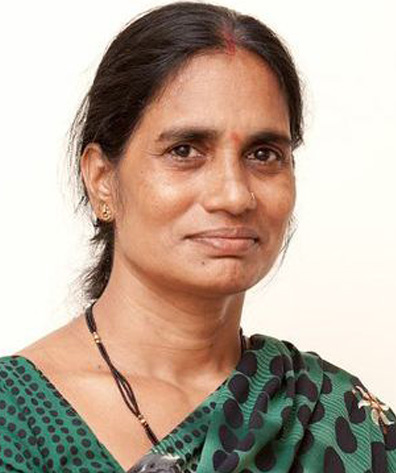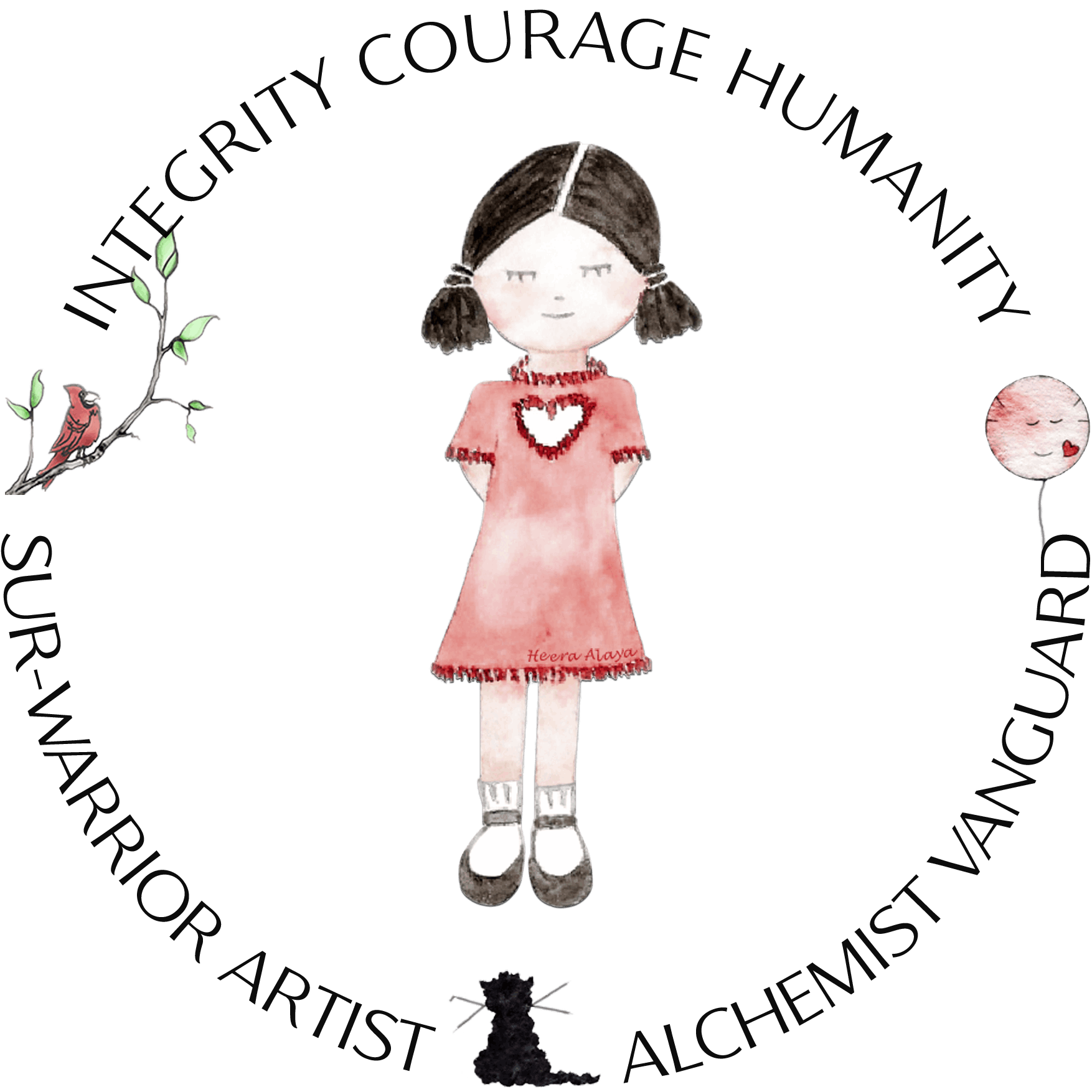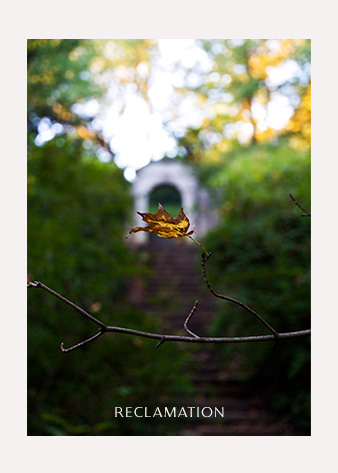
“Till the time we keep silent
about the violence against us
instead of speaking up,
there will be no resolution.”
ASHA DEVI and BADRINATH SINGH
Parents of the late Nirbhaya, IN
April 9th, 2015
OPEN WINDOWS | In Conversation
Asha Devi and Badrinath Singh are the parents of the late Nirbhaya, a 23-year-old physiotherapy intern. Post her barbaric rape on December 16th, 2012, in India, and after enduring severe damage to multiple organs, Nirbhaya passed away. The enormity of their daughter’s destruction brought to light Asha Devi and Badrinath Singh’s character and courage, and despite their unfathomable agony and grief, they turned into champions of change.
Heera Alaya: I cannot comprehend the scale of your loss and pain. I empathise with you and greatly admire your dignity and vision for women’s equality and society’s betterment. Where do you and your husband, Mr Badrinath Singh, get the courage?
Asha Devi: I have seen what happened to my daughter [Nirbhaya]. When she was alive in the hospital, we didn’t know what had happened and the extent of the damage. All we knew was that we wanted our child to survive.
After my daughter died, I sat at home and cried a lot for an entire year; those tears gave me strength. I thought if I took that scale of violence inflicted on our child and sat quietly at home and cried, what would happen to thousands of mothers and fathers whose daughters are violently destroyed?
I felt if I remained silent about the violence, it would be a bigger crime.
My daughter’s plight and the tears I shed after losing her have given me strength. We got our strength from children who protested day and night for 10 to 14 days at India Gate [War Memorial, New Delhi, India] and Jantar Mantar [Observatory, New Delhi, India]. I am sure some people were there for their benefit, some bad, but many good people. We want to do something for the good people.
And this [turning pain to power] fuels you?
Yes. We [Asha Devi and her husband, Badrinath Singh] want to take out the best from the worst, so we bury our pain and meet many people. We will not get our child back, but what we can do, and must do, with the support of women like you, is to do right by society.
What did you go through in the days right after the incident?
The truth is we were so shaken up at the sight of our daughter that we were only praying for her eyes to open, for her heart to keep beating, for her to live. For 15 days, we did not know where we were and what we were doing.
Most people choose to suffer the layers of abuse silently, hiding in shame. You have not only endured enormous loss and pain, but you also continue to rise and lead society.
We cared for our daughter dearly. We spent 23 years in her upbringing and educated her to make her a first-rate human being. We wanted to help others like us who don’t have the means to get educated. And this is how society pays us back — they destroyed her [their daughter, Nirbhaya]— the third-rate human beings didn’t take a minute to destroy her.
I still fight with myself: “What was my fault?” This sadness has taught me to fight; it has brought me out. I will not tolerate these violent crimes. I will only endeavour to educate parents and children and tell them not to hide their abuse. By doing so, we encourage those who commit crimes. We have to raise our voices against them.
Till the time we keep silent about the violence against us instead of speaking up, there will be no resolution.
In addition to being saddled with shame, a victim is expected to guard the criminal(s) shame. I have always believed that shame belongs only to those who commit crimes.
What you are saying is correct. We have raised our voices often against those who say:” Girls should not go out; girls should not wear such clothes.” But we, too, have our lives; we go to study, to the bazaar, and wear the kind of clothes we wish. Does this mean you are going to rape us? And on top of that, blame us?
We should not be ashamed. One who commits crimes should be ashamed. We become our enemies when we hide and keep quiet: “I have been abused, I will hide, and I will not go out.” You must step out, as you have not done anything wrong. The criminal must hide and must be punished.
You and your husband work in partnership—from educating your late daughter to fighting for justice; this partnership is lacking in most families.
We [Ashaji and Badrinathji] can do what we want at home, bicker and fight, but when it comes to our children’s upbringing and education, our focus should be on them all the time. I pray what happened to our child shouldn’t happen to any child, but my prayers or others’ prayers do not have the strength to stop these crimes.
I will say to every parent that when heinous crimes are inflicted against anyone, they must not suppress them. Regardless of the relation to the perpetrator of the crime, the criminal must be brought to punishment; it’s the right thing to do for the victim and the future generations. Despite the magnitude of suppressing the crime, one must fight twice as hard to punish the criminal to get justice.
What do you make of heinous crimes inflicted on children by their family members?
If they are family, why do they commit crimes against children? How can those who harm their children be considered family? The family unit is far guiltier than the outsider—because we know, trust, and depend on family.
When the family exploits our trust, they become far worse criminals than the outsiders.
Is there complicity within the family—do criminals know their crimes will go unchallenged?
Yes, criminals harm knowing that they will not be challenged because they are family. Such people are bigger criminals because they know they will go scot-free. Those around perpetrators of crime must not enable them—when they do, this disturbed individual feels entitled to perpetrate crimes outside the home. One who sets fire to human life should not be shielded.
Why is it taking so long to get justice for your daughter, Nirbhaya?
The laws in our country are such that they are taking years to an end. What can I say? If a case like this takes so long to give punishment, what is to happen to other cases.
On how many levels do heinous crimes destroy a human being?
I can’t even begin to tell you the scale of the demolition. The damage to the mind and soul never ends until she is alive.
A woman is very strong but weak when it comes to her dignity because she must constantly protect it. If we shy away and sit quietly, there will be no solution to these crimes. We must unite and fight this case for our children; it’s our responsibility.
How has your life changed after this incident [The gang rape and death of their daughter]?
From the time our daughter passed away, we don’t celebrate anything—no festival, no pooja [religious ritual]. We live to get justice for our child, and we want to stop the violence against children to the extent we can.
How should parents treat their daughters?
Imbalance begins at home. It’s we [parents] who weaken the daughter, and it’s we who elevate the son’s status. I want every mother and father to know that there should be no differentiation between daughters and sons, and it’s our responsibility to give girls and boys equal respect. When one god has created us, why do we differentiate? When we give birth to daughters and sons, we must also give them equal status and care for them affectionately. Both our children are deserving of respect and importance.
How can we educate children?
First and foremost, emotional security and dignity are necessary at home. If the child has extended respect, love, and status at home, she will be treated well outside. Second, proper thinking is important at the school level.
Who has supported you through this journey?
Some people help; they tell us they are with us and will stand by us, but no one will be with us all the time. We have to fight alone, but the positive thing is that many people meet us kindly, which is enough.
I understand.
What can we do to support you?
Society can support us by coming together and speaking up. And please support the foundation we have started for children and women.
Would you like to share something about your daughter, perhaps her childhood?
We all have ups and downs in life, but our daughter was even-tempered. She was fond of studying from childhood. She stood first most of the time; maybe a couple of times, she came second. Whenever we had a problem, she knew how to handle it from the time she was very young. She would tell her father, “Papa, don’t worry. Mummy, why are you worrying? It will be okay.” We always felt she was a different kind of human being, a different kind of soul. Even at 20, she [Nirbhaya] would tell us how to go about life.
Heera Alaya: A father’s role is crucial in a daughter’s life. Your encouragement helped your late daughter progress. How did high-thinking thoughts germinate in your mind?
Badrinath Singh: In my home, some would study, and others would not. But my thinking was to do right—educate our children, regardless of whether they are girls or boys. We saw that educated people could have better lives, and their children benefitted. So I thought: what if I haven’t studied, I will educate my children. In my children’s education lies my education. I sold my land and worked double shifts to educate my daughter.
My father and brothers thought differently: “But you will get your daughter married; what’s the point in educating her?” I know that with her education, my daughter would have taken her brothers forward.
So, immaterial of others thinking, if a man desires, he can think differently?
Definitely; if I want to be different, I must think differently. If I hadn’t educated my daughter, she would have felt that she was not educated because her parents didn’t consider her worthy enough to be educated. But with our support, she could move forward.
How do you feel about her success?
I hail from a poor family. The day of school results was reserved as a holiday; we wanted our children to pass and come home with good marks. We felt good seeing their marks; we knew our children were studying.
The way a father treats a daughter makes a big difference. When a father abuses and humiliates a daughter, the extended family, neighbours, and society as a whole join, whereas if a father treats his daughter with regard, she is treated well and can blossom.
A man who fails to extend his daughter respect is not worthy of being called a father. The daughter is always attached more to the father and less to the mother, and the father has to reciprocate. We all know that the daughter goes to another house on getting married, but what does the daughter take from her father? A father’s role is significant; he must support the daughter no matter what.
I could have said: “This terrible, terrible thing [the gang rape of Nirbhaya] has happened to my daughter, what do I do?” But no, when I saw her plight and the tears in her eyes, I told her, “I have come, and it’s going to be okay. What has happened has happened; I am here for you.” I am a father, and I should be a father; it’s my responsibility.
I applaud you, Badrinathji. You come from a low-income family, yet you have demonstrated courage that no educated person can dream of, let alone practice.
When we came to Delhi, we joined an organisation, and till today, I practice what they taught me. I get a lot of peace from it [teachings]. Whatever we have achieved in our lives is thanks to these teachings. My strength comes from those who have taught me to live a simple life. When we listen to and embrace the good thoughts of wise people, the mind becomes clean and white.
How does corruption propagate violence?
India has two types of people: the lion and the sheep. The poor become the sheep, and the rich remain lions. Look at our situation; years have passed, but our case has not progressed. What do I do? I am suffering.
Why are truth and law and order opposed in India?
There are more liars in India, and the only voice of truth is suppressed. If the king does not walk on the right path, how will the followers walk on the right path?
What do you wish for India?
I want women and children to be protected, and what is happening must stop.
On a parting note, please share something unique about your late daughter.
I used to tell my daughter [Nirbhaya] that if she were born to a wealthy family, she could have studied as she pleased, but my daughter said: “Papa, chances are that if I were born in a wealthy family, no one would have bothered to educate me. I am grateful that my mother and father are educating me; I listen when you advise me.” I don’t know where these thoughts came to her mind.




